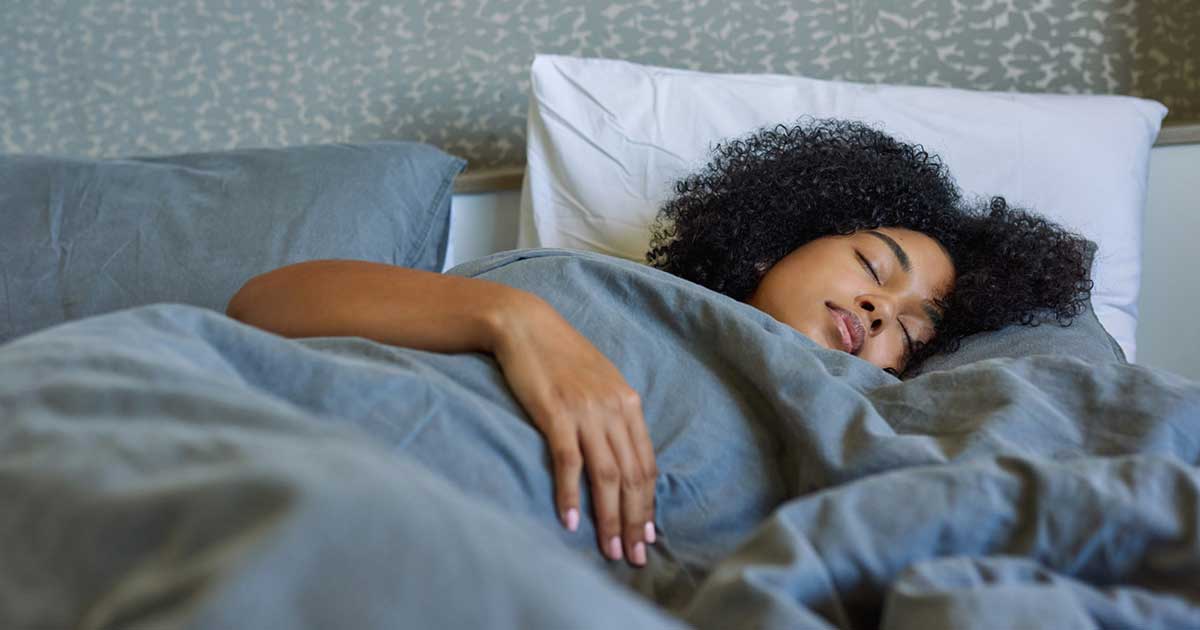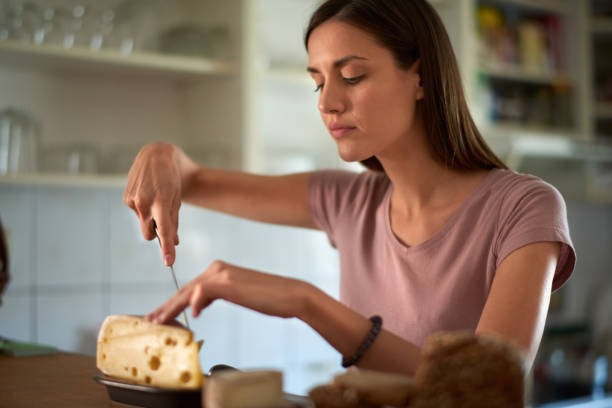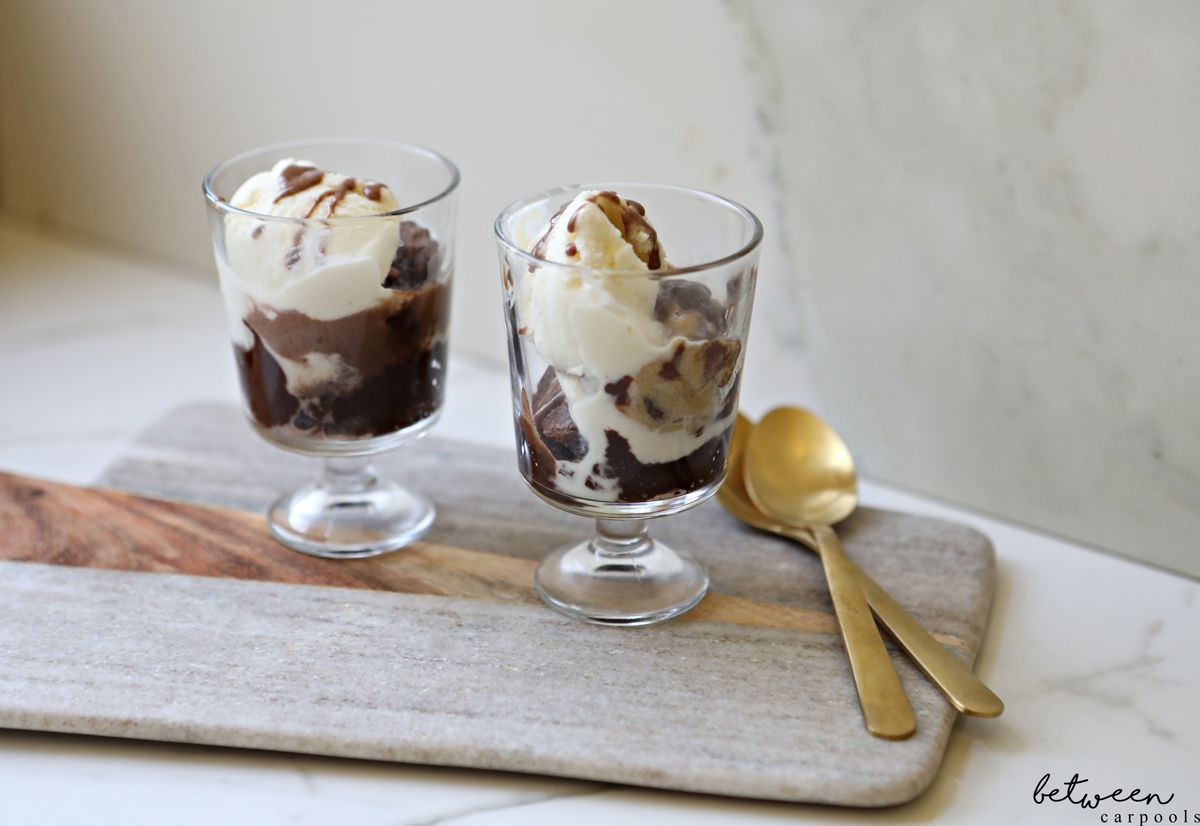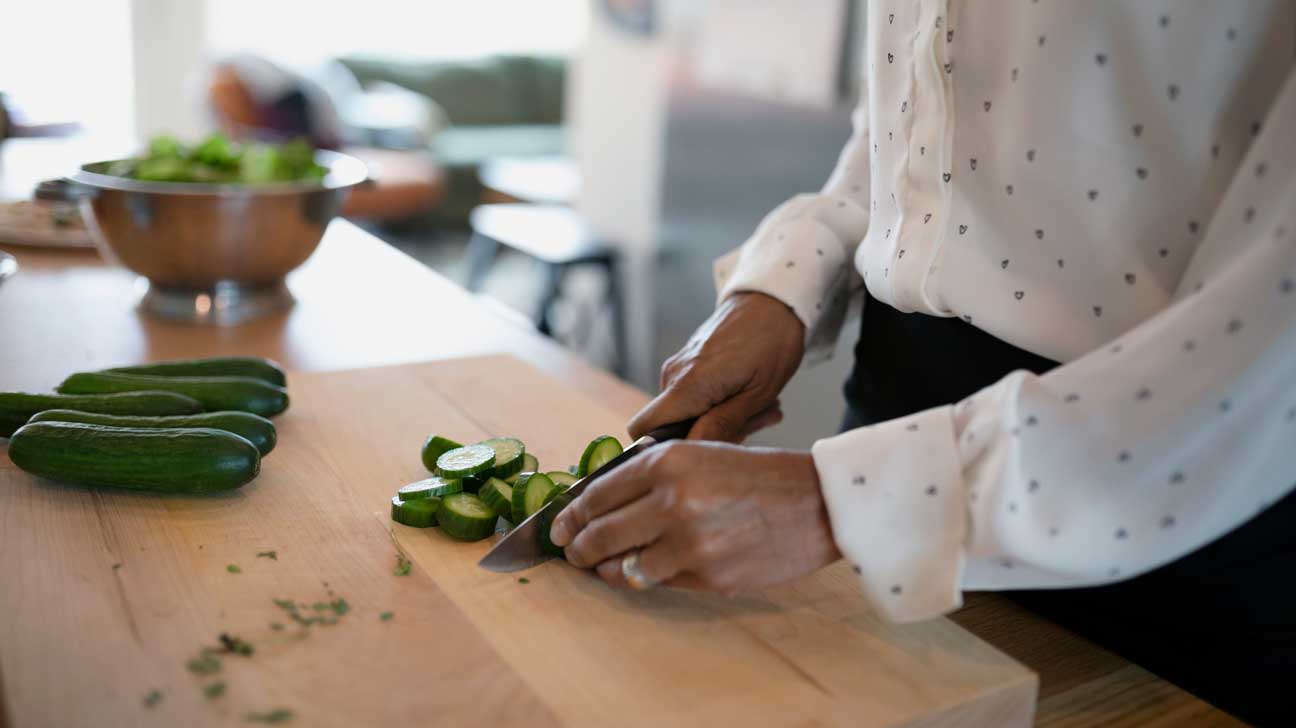What Foods To Avoid For A Better Sleep?
By Mary Ann
13 January 2023
It's critical to receive enough restorative sleep for general wellness. A prolonged lack of sleep can be bad for your physical and mental health as well as increase your risk of illnesses including type 2 diabetes and heart disease. It may be more difficult for you to fall asleep and stay asleep due to your eating habits. There are a few tested things to do for a good night's sleep.

Due to its high caffeine concentration, chocolate is a poor choice for late-night nibbles. Because caffeine consumption might increase the frequency of rapid eye movement (REM) sleep, you can feel sleepier in the morning after consuming it the previous evening. You can also try essential oils to get better sleep.
It's advisable to avoid other caffeinated foods and liquids including coffee, tea, and energy drinks four to six hours before bedtime.
Cheese
Even though cheese is frequently associated with comfort food, it is one of the worst things to eat before bed.

Tyramine is an amino acid that naturally occurs in aged or strong cheese as well as preserved meats like bacon, ham, and pepperoni in high proportions. Tyramine aids in keeping us alert. The "fight or flight" hormone is released from the adrenal gland in response to tyramine, which heightens awareness for several hours.
Curry
Strong sources of capsaicin include hot sauce, mustard, and other spicy foods. By interfering with the body's thermoregulation system, this drug boosts body temperature and disrupts sleep. Combining this with the significant amount of energy required to metabolize the spices will allow you to bid a deep sleep.
Spicy food is only one of several items that have a bad rep for preventing sleep. Other foods, especially those with high fat and carb content, should be.
Cold Dessert
Did you realize that eating too much sugar might affect how well we sleep? We're all aware that consuming excessive amounts of sugar can be harmful to our health.

Blood sugar levels are initially raised by foods high in sugar, such as ice cream and chocolates, and then decline while you sleep. A blood sugar collapse alerts the adrenals to an emergency, raising cortisol levels and rousing the body from sleep.
Alcohol
You might think that a few drinks—beer, wine, or a nightcap—will put you to sleep. However, there are three strong reasons why drinking alcohol, especially in big amounts, before nightfall is not a good idea.
Alcohol certainly helps you fall asleep, but it also messes with your sleep schedule later in the evening. You might experience difficulties achieving restorative, deep REM sleep as a result.
Alcohol consumption results in a generalized relaxation of the body's muscles, which can make obstructive sleep apnea and loud snoring worse.
Alcohol affects the esophageal sphincter muscle as well. As it relaxes, acid reflux frequently occurs.
Foods High in Water Content
It's possible that getting up to use the restroom will significantly disrupt your sleep. While being hydrated is essential to good health, you should aim to avoid having a full bladder in the middle of the night.
Even if they are healthy foods, foods with a high water content should be avoided.

Cucumbers, celery, and watermelon are included in this.
If you have difficulties falling asleep or staying asleep, you may find it useful to avoid certain meals and beverages.
Alcohol, caffeine-containing foods and beverages, extra sugar, refined carbs, spicy foods, and high-fat foods, and all of these have all been linked in studies to insufficient sleep quantity and quality.
To promote restful sleep and lessen the likelihood of awakening in the middle of the night, think about limiting or eliminating the meals and beverages on this list, especially later in the day and just before bed.
You Might Also Want To Read This
Popular Posts







